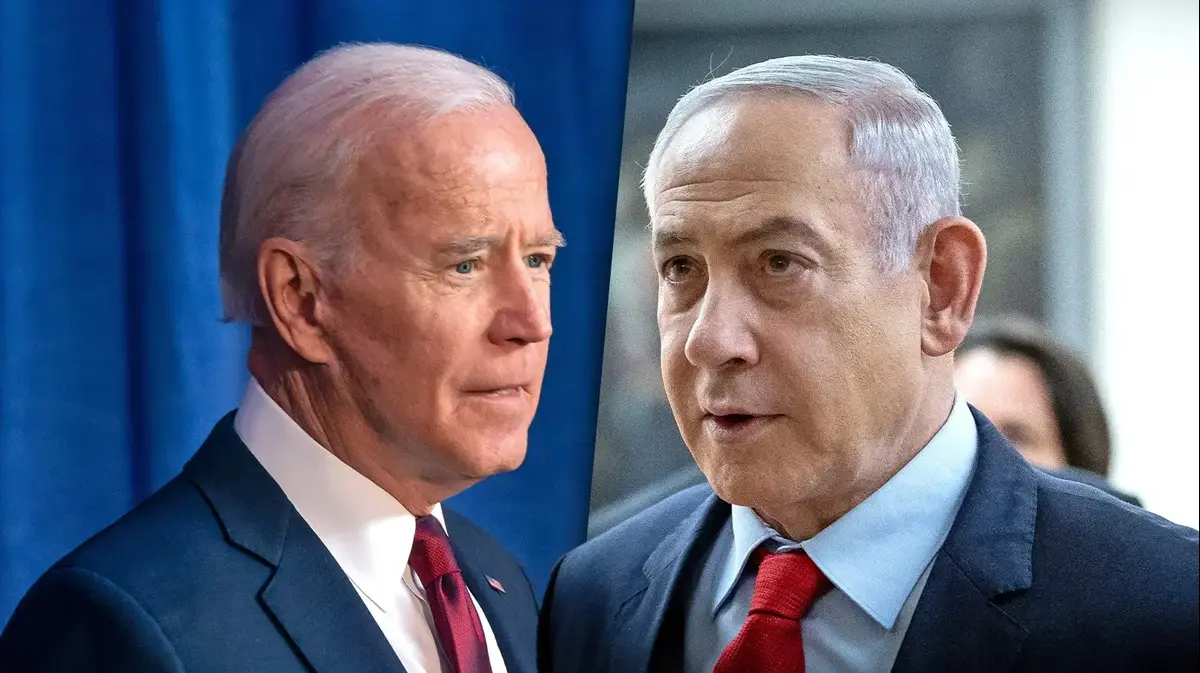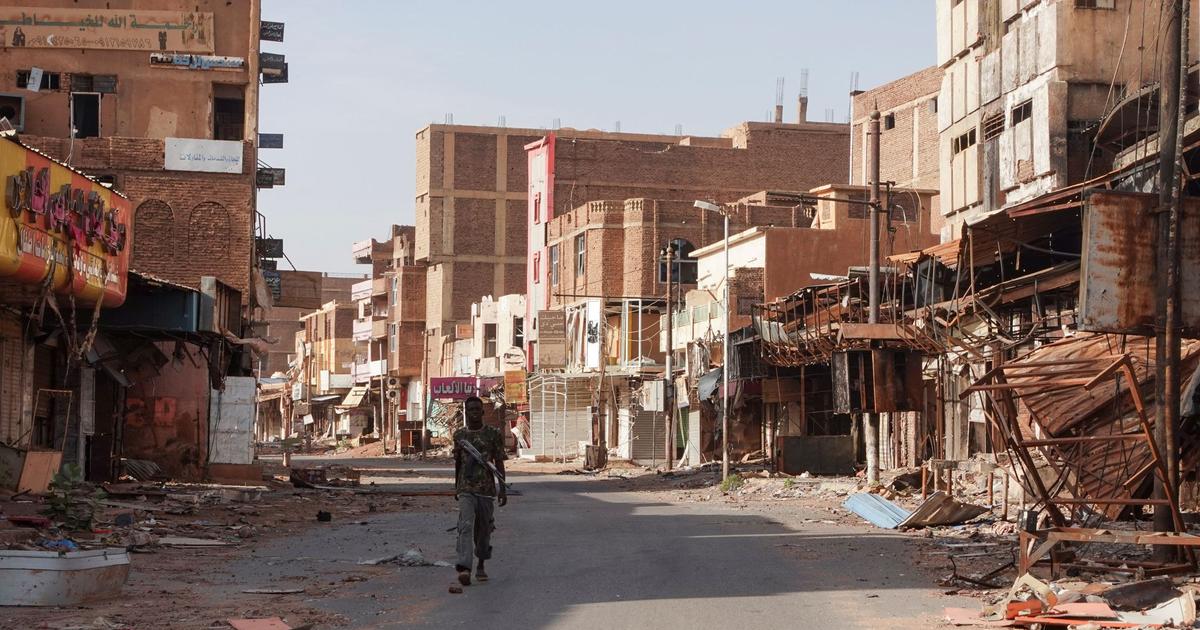Like the three operations that preceded it in Gaza, the Wall Guard ended up feeling sour.
Although the IDF has been trying for a year to market its achievements as a huge success, it is a foregone conclusion: "a disappointing draw", this is probably the title that would have been given to the event in the sports sections.
Israel, of course, had achievements in the operation.
Prominent among them was the success of the Gaza Division in maintaining an almost hermetic defense;
Prevent crossing of the fence, harming localities, killed and abducted in large numbers.
In the attack, too, there were quite a few achievements, but much more limited than expected;
The ability to launch from Gaza was only partially harmed, the top Hamas members were not harmed at all, and the ability to command and control remained as it was.
The impressive damage to the tunnels dug by the organization (as part of Operation Lightning) also proved an impressive ability of the Air Force, but failed to kill hundreds of Hamas fighters as planned - thus wasting a unique strategic resource in favor of a tactical target.
But these have all been events that pertain to the battlefield, where, as always, there is no guarantee of complete success.
The main failures are mainly in the strategic floor, which Israel has traditionally suffered from a lack of long-term planning and implementation.
This is true in avoiding the search for more rooted solutions to the non-paracetamol Gaza issue in the form of money suitcases, and it is true in avoiding thorough treatment of the Israeli Arab problem, which exploded inside all of us with the start of events on the Temple Mount and the battle for the south.
The main lesson from the Wall Guard is that these matters cannot be treated as separate issues.
Gaza is connected to the West Bank, which is connected to Jerusalem, which is connected to the Arabs of Israel, which is connected to what is happening in the northern arena.
It all involves everything and affects everything, certainly in the age of social networks and an extensive industry of Pike News.
This is a phenomenon that is only expected to worsen;
In this respect, the Wall Guard was a gift that Israel received - a wake-up call at a relatively low price, which should allow for better preparation for the real challenge that may come in the next campaign.
Some are waiting for the spark
The IDF certainly has quite a few conclusions from the Guardian of the Walls. Some have already been produced, and some are in the process. The Gaza Division has been dealing with the issue intensively for several months.
This does not mean that in the next round they will enter Gaza automatically;
This does mean that the IDF will have better, more efficient and surprising options.
But Gaza may turn out to be Israel's smallest problem, assuming the next campaign, like its predecessors, takes place there.
The IDF has not bad solutions in attack - mainly airborne, and as mentioned also ground - and very good solutions in defense. These solutions will be significantly improved with the addition of the laser to the air defense system next year. This will allow Israel not only greater breathing space in defense, but also freedom of action Greater in attack - which will be partially released from the derived meanings of a prolonged campaign on the home front (which, as mentioned, will be much better protected).
AFP, Photo: Did not receive a truly worthy blow.
Hamas in Gaza
The main concern is from joining facades, as happened in part last year.
Although Judea and Samaria is quiet, mainly as a result of public indifference and the relatively reasonable economic situation, it could easily deteriorate due to the growing lack of governance of the Palestinian Authority. That even the guard of the walls were less calm than before.
All of these are great headaches, but ones that the IDF knows how to deal with. Israel is a regional power, and can treat each of its enemies individually - and all of them together. Externally, this is a challenge to which the tools are much more limited in every way - police-military, legal, mental - given the fact that they are citizens of the country, against whom net military power cannot be exercised.
The working premise for the next round must be that what happened will happen again, meaning that elements from among Israeli Arabs will join the campaign.
The strength of this accession depends on quite a few variables: the deterrence and governance that Israel will demonstrate, the degree of assertiveness that Israeli Arab leaders and moderate elements from Arab society will demonstrate, and most of all the nature of the war and what will happen there.
There is no law of war in Gaza that Israel completely controls, just as there is a war in Lebanon in which Hezbollah fires thousands of rockets daily at the Israeli home front and manages to inflict casualties and significant damage.
In such a scenario - which is the IDF's reference scenario for the next war in Lebanon - there may be those who want to take advantage of the chaos that will be created, certainly spotty in some places, to challenge the system even further. Widespread violence in and outside the mixed cities to anarchy that could take over Arab cities and villages (as also happened on the outskirts of the Wall Guard, for example in Shefar'am, where shops were looted and public property damaged for destruction only). The degree of its success is directly related to the Israeli preparation for the routine and its response in an emergency.
The Wall Guard has led quite a few lessons in this regard.
Joint teams from the Ministries of Defense and Homeland Security, and from the IDF and the police, understood that advance security preparations were needed to promote the evil.
The IDF will transfer the regular border companies - most of which are in Judea and Samaria - to the responsibility of the police, and replace them with regular or reserve forces, depending on the fighting situation in the various sectors; and the IDF will also recruit reserve forces And for transporting forces, as well as axes leading to bases and facilities (and the bases themselves), with an emphasis on Air Force bases.
Another decision, which was revealed at the beginning of the year in "Israel Today", is to establish a border brigade in reserve.
So far most of the border guards who have been discharged from regular service have been assigned to the reserve in "regular" military units, and the intention now is to make use of the experience they have gained in their regular service for the benefit of the reserve service as well.
The intention is that the reserve service of the soldiers in the brigade will be devoted mostly to training, as well as to operational activities in Jerusalem and Judea and Samaria. Their establishment will not only give the police a strong, trained and available force, but will also free the IDF from the need to reinforce the police with soldiers, who are not skilled in internal security missions.
"Mini Civil War"
These moves are important, but they are far from addressing the issue.
Worse, they almost completely ignore it.
Violence in Arab society has deep-rooted, fundamental problems that need to be addressed routinely, not in emergencies.
These are resource-intensive investments that are supposed to correct years of shortcomings, and in their absence the situation will deteriorate significantly on a regular basis, hitting us all in the face in the next conflict.
"In the last 30 years, the population of Israel has doubled, but the police have only grown by 20 percent," says retired superintendent Zohar Dvir, former deputy commissioner and commander of the Northern District Police, and formerly commander of the YMCA.
"Police are equal to national resilience, but they are placed very low on the national priority scale. For many years they have dried it up, and now we are seeing the result."
Dvir believes that the amount of Border Police and ISM forces should be tripled, and that the blue police should be significantly increased as well.
He warns of the connection between criminal and nationalist, and especially of the loss of hope of the younger generation.
"Today there is 40 percent unemployment among young people. They see the arms dealers and criminals with BMW and money, and want to too. It has to be solved - in employment, in education, in places of entertainment and leisure, in investments - otherwise it will explode inside us."
This conclusion was also raised among the team led by the Deputy Minister of Internal Security, Yoav Saglowicz.
Data collected by him indicate that the younger generation is losing its affinity for the country and is being influenced by extremists.
This is especially noticeable among the Bedouin in the south, but also happens in the north.
"Root canal care is required here," says a senior official, "if we do not take care of it well - and that they will feel it is happening, and that they have a future here - we will be required to take care of it in much less favorable conditions in the future."
Saglowicz's staff deals with crime on the Arab street, in all its aspects.
In the six months that have passed since Mona - following the rising wave of crime and the unimaginable amount of murders in the sector - he has made quite a few achievements.
In a post posted by Saglovitch on the eve of the holiday on his Facebook account, he revealed that as part of Operation Open Account, the police set 745 targets, of which 228 (including 196 detainees) have already been indicted.
In addition, property worth about NIS 210 million was seized, the tax authority collects NIS 189 million, and pressure is placed on money changers to prevent money laundering.
As part of the team's work, the cooperation between the police, the GSS, the Ministries of Justice and Finance and the Tax Authority has also been strengthened, in order to coordinate the fight against criminal elements and their sources of funding. Several criminal elements in the sector have moved their residences abroad, mainly to Turkey.
A major emphasis in teamwork is placed on the collection of illegal weapons in the sector.
Dvir does not like the use of this term, collecting.
"The weapon is not in the streets, and you just have to come and collect it. To get to it you need intelligence, and fighters who risk fighting when they raid weapons caches," he says, "The police are not strong enough for that.
And even when she does, the courts are in a hurry to release her. "
Dvir is convinced that in the next escalation the situation will be much worse than in the Wall Guard.
"It's not a question of 'if', but a question of 'when'. I have no doubt it will happen, and it's clear to me that we are not ready. Even if the decision is made tomorrow morning, it will take a year to mobilize and train forces. If we do not start doing that today, we will be very sorry tomorrow. "
One of the most disturbing scenarios is of armed militias fighting each other, Arab and Jewish.
"There are endless weapons on both sides," Dvir says. civil war".
The time for a clear strategy
Preventing this scenario depends on two things: early intelligence and deterrence.
Of course, there is also a sense of belonging and identification with the state, but these two are the main thing.
If Israel knows, it will be able to prepare, and if it does, the extremists will be afraid to act.
The second part, of deterrence, is, as stated, deficient, to say the least.
If not treated immediately, it will be difficult to operate successfully in an emergency.
Worse, it can lead to the use of excessive force and damage, which will only deepen the rifts and take years to repair.
Not "collecting" weapons.
Dvir, photo: PR, courtesy of the person photographed
The first part, of intelligence, was sorely lacking before the wall guard.
Israel was surprised by what happened in the mixed cities and southern roads (and to a lesser extent in the north), and the person responsible for this surprise - "failure" in a less laundered name - was the GSS (and to a lesser extent the Israel Police). Significant reinforcement of manpower and means to deal with the challenge of Israeli Arabs.
This did not help him locate in advance and thwart the two terrorist attacks carried out last month by ISIS-Israeli Arabs in Be'er Sheva and Hadera, which were also, in their way, a wake-up call to the gaps needed to repair them to prevent any dams from breaking.
The defense establishment is careful not to define Israeli Arabs as an enemy.
This is due not only to the fact that they are Israeli citizens who are supposed to have equal rights, nor to the understanding that most of the Arab public opposes violence and even looks to the state authorities, hoping that they will take care of it and remove tangible and daily danger.
The main reason for this is the fear that thought will also create reality;
That if the Israeli Arabs receive hostile treatment, they will begin to treat the state in a hostile manner.
The way to avoid this, and to address the problem at the same time, is by over-investing in the here and now.
Significantly strengthen the police with manpower and budgets and increase synchronization between them and the IDF and the GSS, but also invest in a variety of civilian areas - education and employment in particular - that will give the Arab public a sense of belonging, and will inevitably keep them away from crime and terrorism.
These are long processes that will take years, but they are inevitable;
The alternative to them is to increase segregation and hostility and risk much broader violence in the next round.
Of course, Israel must also prepare for this scenario, for all its derivatives in a variety of sectors.
It requires it to do what Israeli governments devoutly avoid: to formulate a clear strategy, which will be translated into work plans.
Only if this happens - courageously, looking the threat and truth in the eye - will Israel know that the real lessons learned from the Wall Guard have been produced.
Unfortunately, this has not happened yet.
Were we wrong?
Fixed!
If you found an error in the article, we'll be happy for you to share it with us

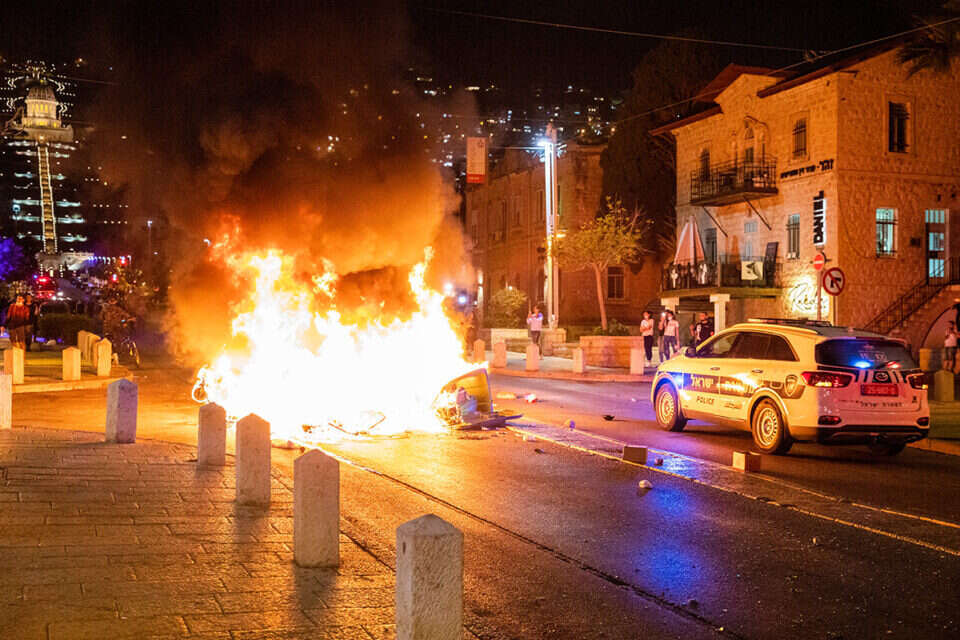
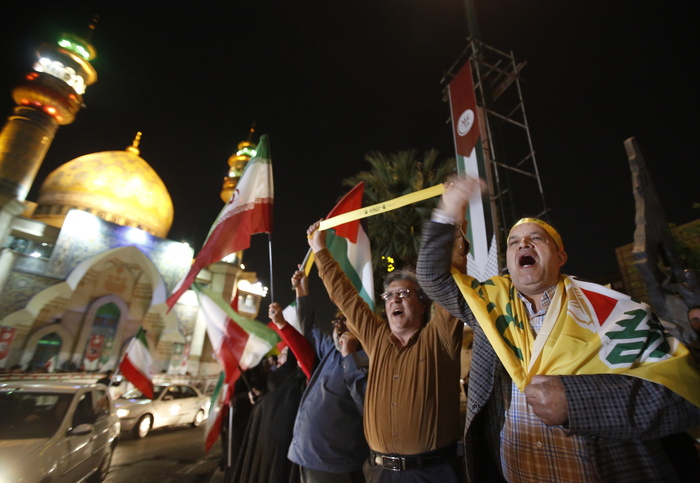

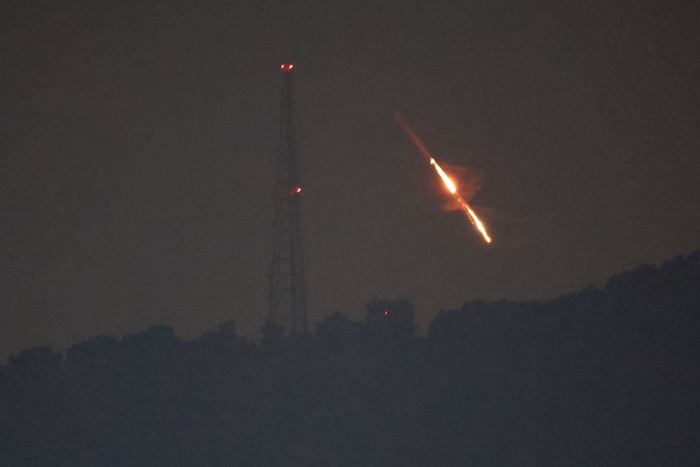
/cloudfront-eu-central-1.images.arcpublishing.com/prisa/3YP3SDM63XXITQI7H2UREMXKKQ.jpg)


